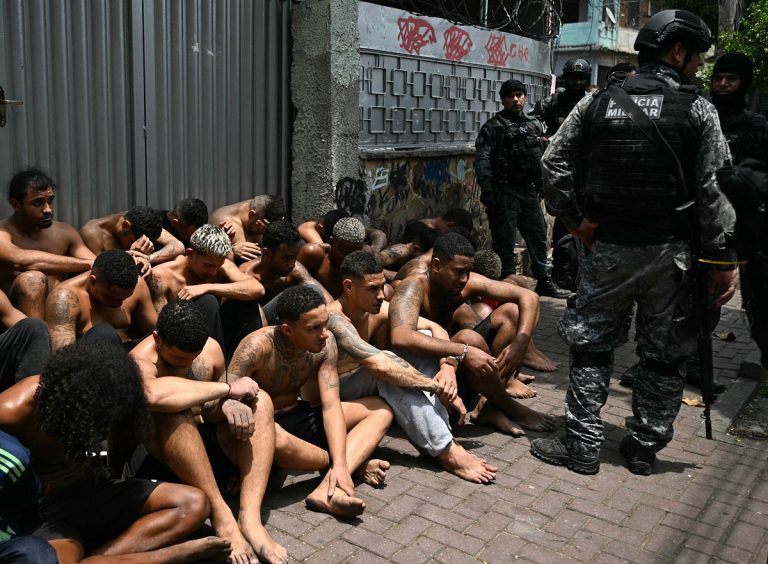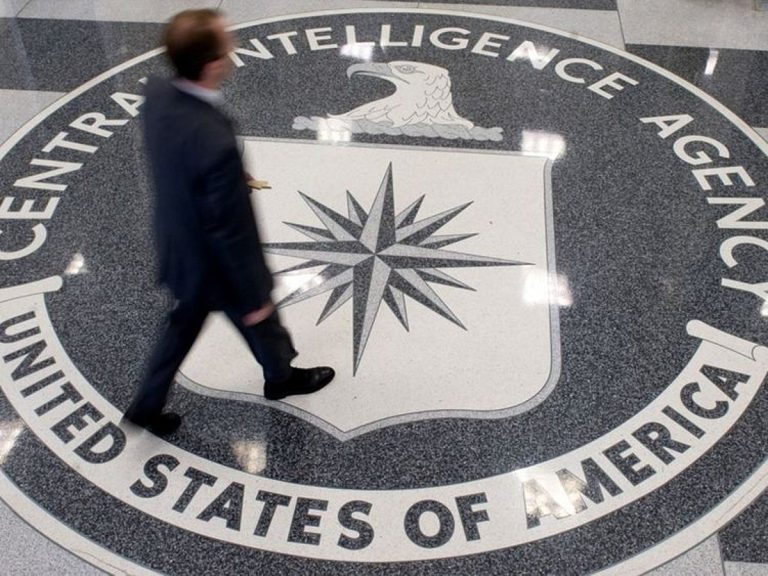US Military Strikes Drug-Courier Vessel in International Wat
The United States has launched a military strike against a vessel suspected of drug trafficking, resulting in the deaths of three individuals identified as “narco-terrorists.” This operation, announced by Defense Secretary Pete Hegseth, took place on Friday in international waters.
Details of the Operation
According to Hegseth, the targeted boat was linked to Colombia’s ELN guerrilla group and was navigating a well-known route for narcotics trafficking. The operation was conducted under the jurisdiction of the Southern Command, which manages US military activities in Latin America. While the exact location of the strike was not disclosed, it underscores the ongoing efforts to combat drug-related activities in the region.
Implications for Drug Trafficking
This strike is part of a broader strategy to disrupt drug trafficking networks that threaten regional stability and security. The US has intensified its focus on such operations, aiming to dismantle organizations involved in the narcotics trade.
FAQs
What prompted the US military to conduct this strike?
The strike was part of a targeted effort against drug trafficking operations linked to the ELN guerrilla group, which is known for its involvement in narcotics distribution.
How does the US military identify targets for such operations?
Targets are typically identified through intelligence gathering and surveillance, focusing on vessels operating along known drug trafficking routes.
What are the potential consequences of this military action?
Such operations may disrupt drug trafficking networks, but they can also escalate tensions in the region and provoke retaliatory actions from involved groups.
Conclusion
The recent military strike against an alleged drug-courier vessel highlights the US’s commitment to combating drug trafficking in Latin America. As operations continue, the focus remains on dismantling networks that pose a threat to both regional and national security.
The ELN, or National Liberation Army, is a Marxist guerrilla group in Colombia that has been involved in various illicit activities, including drug trafficking, extortion, and kidnapping. Established in the 1960s, the group has been recognized for its ideological commitment to leftist principles and has historically engaged in armed conflict against the Colombian government. The ELN’s involvement in the drug trade has significantly contributed to the ongoing violence and instability in Colombia, as it seeks funding for its operations through the production and distribution of narcotics. The US government has designated the ELN as a terrorist organization, which justifies military actions against its affiliates under international law.
The US Southern Command has been actively involved in counter-narcotics operations in Latin America for several decades. These operations often involve collaboration with regional partners, including Colombia, Mexico, and Central American nations, to enhance intelligence sharing and operational effectiveness. The US has provided training, equipment, and financial assistance to these countries to bolster their capabilities in combating drug trafficking. The recent military strike reflects a continuation of this collaborative approach, aiming to disrupt the supply chains that facilitate the flow of illegal drugs into the United States and other markets.
The implications of such military actions extend beyond immediate operational successes. While they may yield short-term disruptions to drug trafficking networks, they can also lead to unintended consequences, such as increased violence or shifts in trafficking routes. Additionally, these operations can strain diplomatic relations with countries in the region, particularly if local governments perceive them as violations of sovereignty. The complexities of the drug trade, combined with the socio-political dynamics in Colombia and neighboring countries, mean that any military intervention must be carefully calibrated to avoid exacerbating existing tensions or undermining local governance structures. As the US continues to engage in military operations against drug trafficking, the challenge remains to balance enforcement efforts with diplomatic initiatives aimed at fostering stability and development in affected regions.
Also Read:
US Warns of Hamas Threat to Palestinian Civilians







